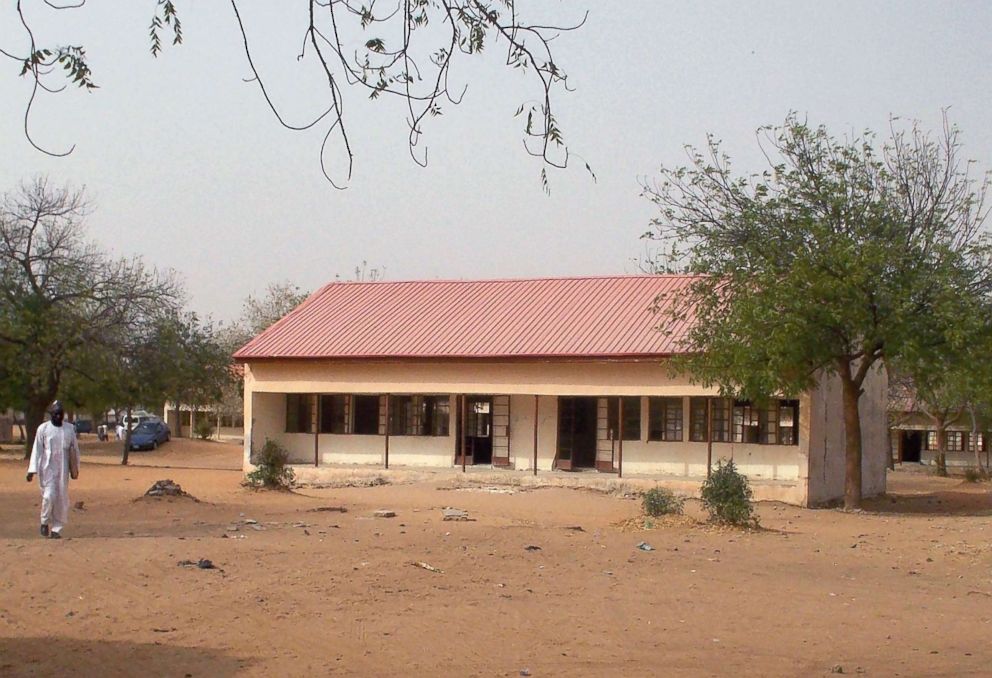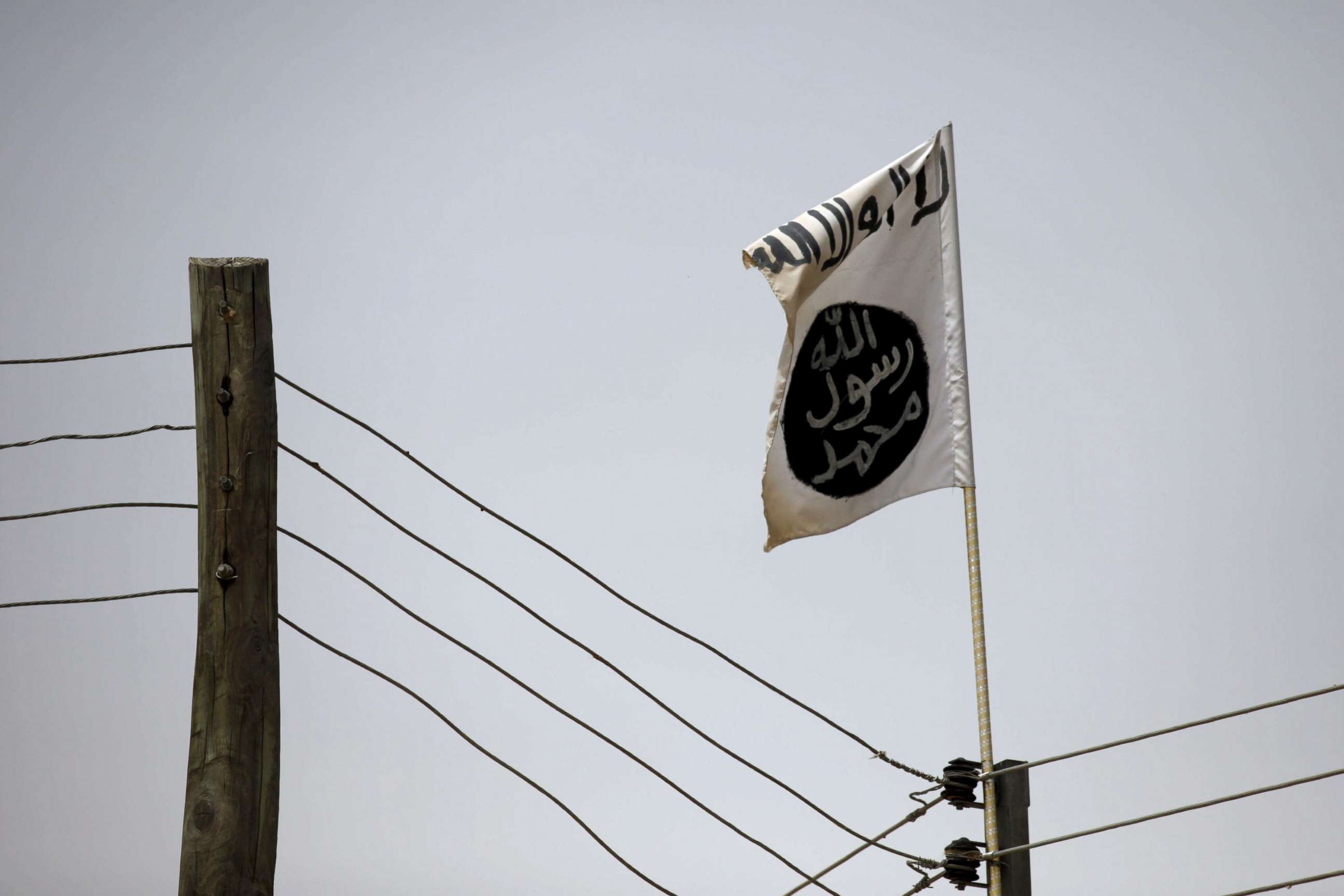Nigerian officials apologize as dozens of schoolgirls remain missing after suspected Boko Haram attack
Many girls remain missing after Boko Haram allegedly attacked a school Monday.
— -- Three days after suspected Boko Haram fighters attacked a school in northeast Nigeria and kidnapped dozens of schoolgirls, local officials have apologized to parents for mistakenly announcing that some of the students had been rescued.
Suspected militants of the Nigeria-based jihadist group allegedly stormed the town of Dapchi in Yobe State Monday night and abducted students from an all-girls boarding school. Other students and teachers were able to escape the attack and flee into the surrounding brush, according to a statement from Yobe State government spokesman Abdullahi Bego.
Officials at the time had "no credible information yet" as to whether any of the schoolgirls were taken hostage, Bego said.

In another statement issued late Wednesday, Bego announced that "some of the girls" had been "rescued by gallant officers and men of the Nigerian army from the terrorists who abducted them."
But the Yobe State government issued an apology and clarification Thursday, in which Bego revealed that the girls missing from the Government Girls Science Technical College still remain unaccounted for in the wake of Monday's attack. He explained that the information the state government received about some girls being rescued was provided by a security agency involved in the fight against Boko Haram, "which we had no reason to doubt."
"We have now established that the information we relied on to make the statement was not credible. The Yobe State government apologizes for that," he said in the statement. "The Yobe state government will continue to do everything necessary in partnership with security agencies and the federal government to address the situation."

Bego had said, as of late Wednesday night, that about 50 students out of a total of 926 students at the school were still unaccounted for.
Yobe State Gov. Ibrahim Gaidam visited the town of Dapchi on Thursday, where he met with community leaders, school officials and parents of the missing students.
One parent, Bashir Manzo, told The Associated Press that he and other parents compiled a list of 101 missing children and presented it to Gaidam. The governor "told us the girls have not been found and we should continue to pray for their safe return," another parent, Rabiu Sani, told The Associated Press.
It would hardly be the first time Boko Haram has preyed upon schools. In April 2014, the group snatched 276 schoolgirls from their boarding school in the town of Chibok in Borno State, about 170 miles northeast of Dapchi. Some of the girls managed to escape on their own, while others were later rescued or freed following negotiations. But the fate of many of the girls still remains unknown.

Boko Haram's uprising was fueled largely through the group's systematic campaign of abducting children and forcing thousands of girls and boys into their ranks, according to a report issued in April 2017 by the United Nations Children's Fund (UNICEF).
Boko Haram militants have waged a brutal insurgency in northeast Nigeria since 2009. The group, which seeks to establish an Islamic state, has spread its terror across Nigeria's mountainous borders over the years into Niger, Chad and Cameroon, all of which surround the Lake Chad Basin.
Boko Haram, whose name roughly translates into "Western education is forbidden," has killed more than 20,000 people and displaced some 2.3 million, according to the latest figures from the United Nations.




